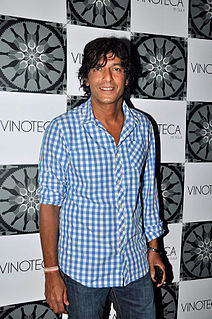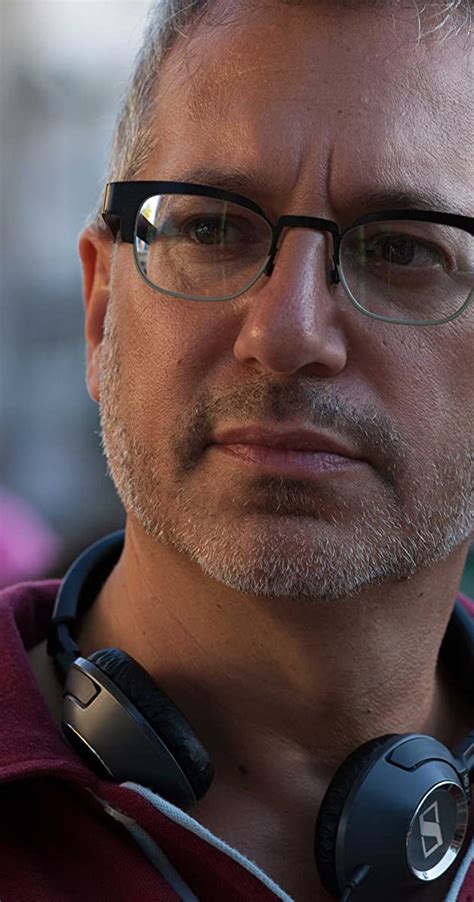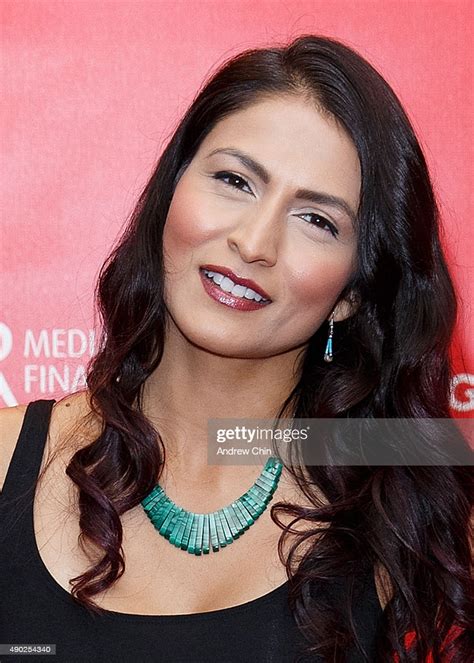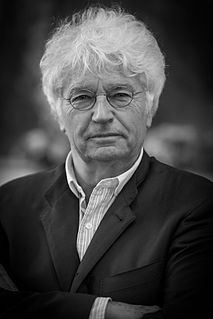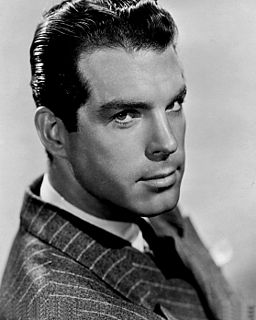A Quote by Jason Katims
Something that I learned from 'Friday Night Lights,' sometimes if you have four or five scenes in an episode, it's not having less than having 10. It's what you do with those scenes.
Related Quotes
I just read that one scene for Emily in New Moon, and it was pretty simple and straightforward. They liked that I did it really natural. They were like, "That was great!," even with what little I had. Sometimes just having those little scenes are a lot tougher than if you have five pages because you have to go from 0 to 100 in a snap.
Both as a filmmaker and as a fan I love the behind-the-scenes stuff, I like it even more than deleted scenes frankly. Especially when you're happy with the movie and you're proud of it, those deleted scenes give you also a sense of the making of the film and the process through which you end up with the final product.
Somebody comes to your house. You know they're coming, so it's not a surprise. And they give you an envelope that has your scenes in it. And they sit in the car outside for a half an hour while you read your scenes, then they ring your doorbell and you give your scenes back. Then you shoot the movie a few weeks later or something. The next time you see your scenes is the night before you start shooting. I never read the script [Blue Jasmine], so I didn't really know what it was about.
In TV, you are much more likely to see the episode closer to the script as written - in terms of the order of the scenes - than you would in a movie, and here's why: you don't have as many days to edit. You have 10 to 12 weeks or more to edit a feature, and you have four days to edit TV. That's a huge difference.
We do want the freedom to move scenes from episode to episode to episode. And we do want the freedom to move writing from episode to episode to episode, because as it starts to come in and as you start to look at it as a five-hour movie just like you would in a two-hour movie, move a scene from the first 30 minutes to maybe 50 minutes in. In a streaming series, you would now be in a different episode. It's so complicated, and we're so still using the rules that were built for episodic television that we're really trying to figure it out.

